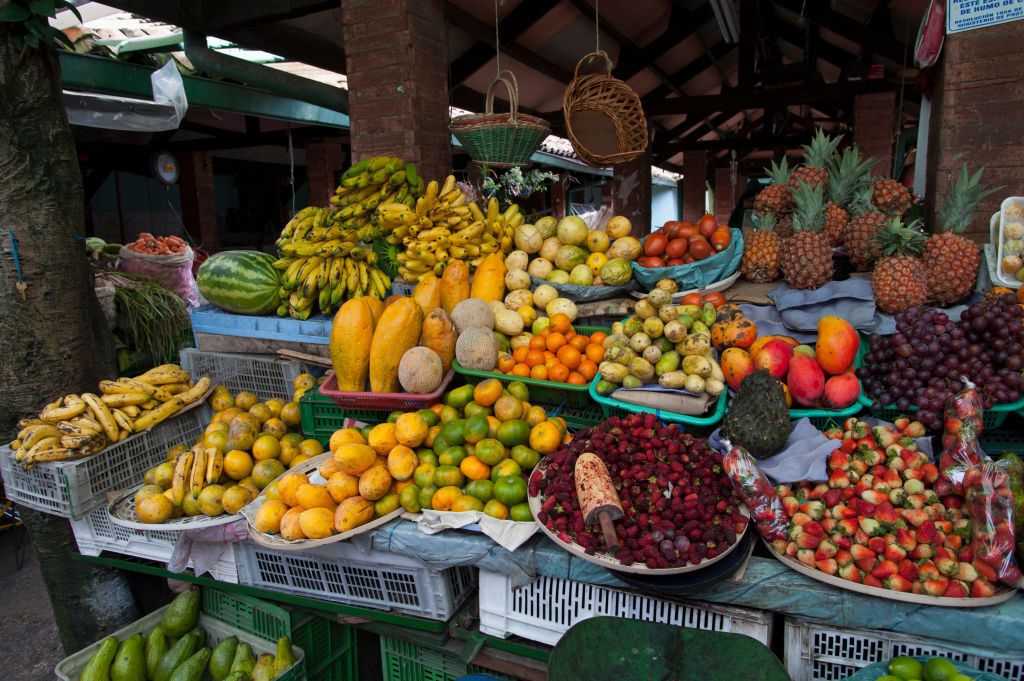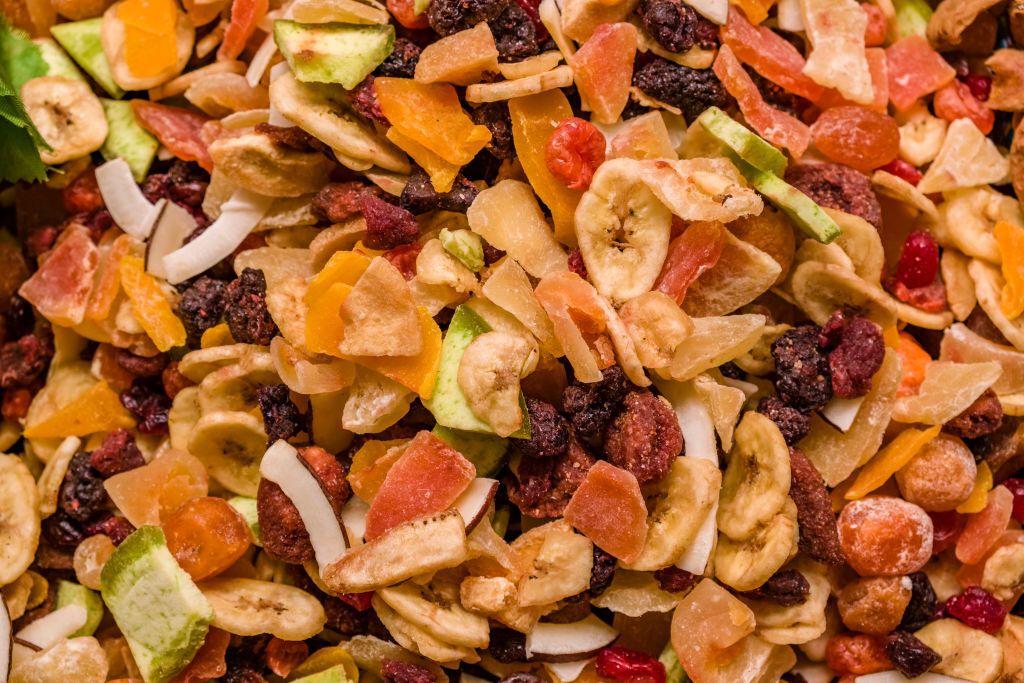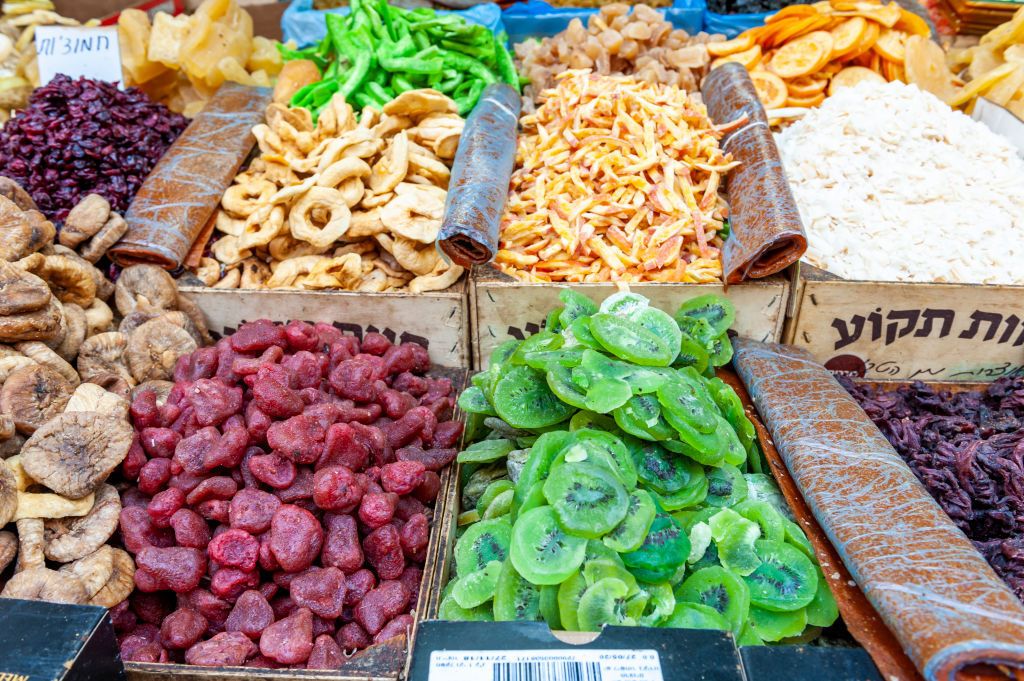LS Food
Fruits and diabetes: myths debunked
The diet of people with diabetes may include fruits, and in some cases, they are even an essential part of the diet.
Diet is one of the main methods of treating diabetes, along with medication and exercise. However, this topic has been overgrown with various myths and beliefs, many of which have proven to be false and unfounded.
OBOZREVATEL, together with solucionesparaladiabetes.com, offers to familiarize yourself with the beneficial properties of fruits and recommendations for their use.
Fruits
Fruits are one of the most important foods. They are rich in vitamins and fiber, contain low calories, and have many health benefits. For example, fruits can lower blood pressure, cholesterol, the risk of cancer and cardiovascular disease, and help prevent diabetes.
According to their condition, they are:
Fresh: suitable for immediate consumption.
Dried: due to the natural action of air and sun or special equipment, the proportion of water is reduced. The result is dried fruits such as dates, figs, and prunes.
Dehydrated: Through natural or artificial processes, almost all of the water is removed from the fruit.
Depending on these factors and, of course, on what kind of fruit we eat, the nutritional value can vary greatly.
However, the basic composition looks like this:
Water: varies from 75% to 90% depending on the type of fruit.
Carbohydrates: from 0.5% to 20%, also depending on the type of fruit. The main ones are glucose and fructose. Both are monosaccharides that are quickly absorbed and provide energy. The main difference is that glucose requires insulin for absorption, while fructose does not.
Other nutrients such as protein, minerals, vitamins, and fiber. They are much smaller, but no less important.
Fruits and diabetes
Nutritionist Julio Basulto explains that fruits can (and in some cases should) be part of the diet of people with diabetes. This fact is confirmed by various studies. For example, according to information published in the Nutrition Journal, it is said that high fruit consumption does not have a negative impact on glycemic control. In addition, the Spanish Ministry of Health and the practical guide to type 1 diabetes categorically reject theories and hoaxes that state that fructose should be avoided in the case of diabetes.
In fact, according to a nutritionist and some other scientists, there is evidence that people with diabetes do not eat enough fruit. From all of this data, there is only one possible conclusion: fruit and diabetes are not incompatible, but quite the opposite. However, despite this, it is the doctor who should tell you how to include them in your diet.
Fruit juice and diabetes
When drinking fruit juice, there are also doubts and concerns about its effect on glucose levels. This, of course, is due to ignorance, as well as the large number of products that exist on the market with this name.
First of all, a distinction should be made between natural juices and those that are processed and produced from fruit, but are available in grocery stores. There is scientific evidence that squeezed fruit juice does not have a high glycemic index and therefore has little effect on glucose control.
However, the situation is different with sugar-containing beverages derived from fruit. The main recommendation of the American Diabetes Association is to avoid them. This type of beverage is produced with added sugar in addition to the sugar they already have.
Thus, if you drink fruit juice, you need to make sure that it is truly natural – obtained directly from the fruit and without any processing. On the other hand, the fiber and antioxidants contained in the pulp can be lost during its preparation, so it is always better to eat fruit whole.
Dehydrated fruits and diabetes
If you include dried fruits in your diet, you need to make sure that they do not have added sugar. Dates, dried figs, raisins, or prunes increase the proportion of nutrients by losing water, but this leads to an increase in the sugar ratio.
They also contain a large amount of antioxidants, vitamins, and fiber. In addition, their component is sorbitol, which normalizes the response to insulin. Some studies even claim that dehydrated fruits help control blood glucose levels.
In any case, if you have to choose between fresh or dehydrated fruit, it is better to eat fresh. But, as always, you should first consult your doctor about any changes in your diet to adjust it to your needs.






























